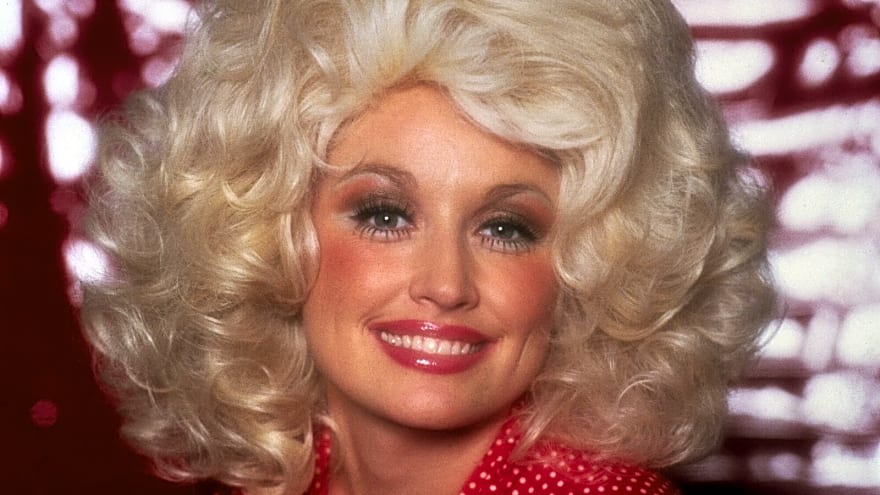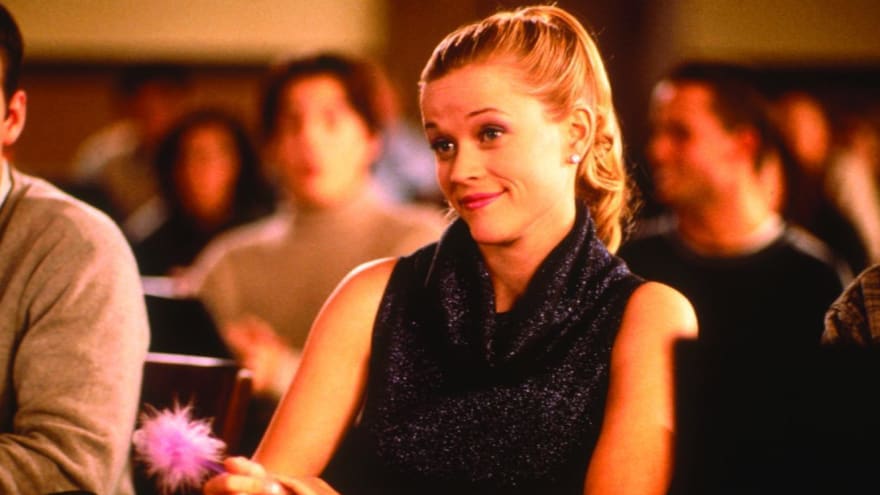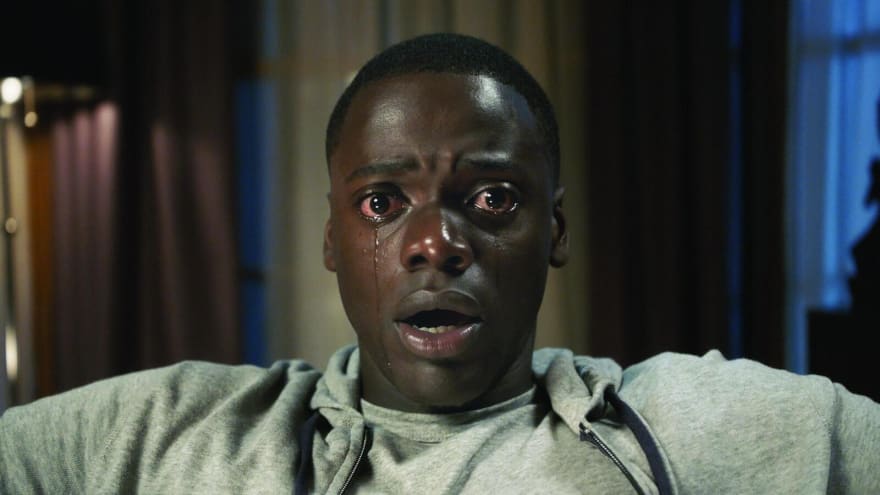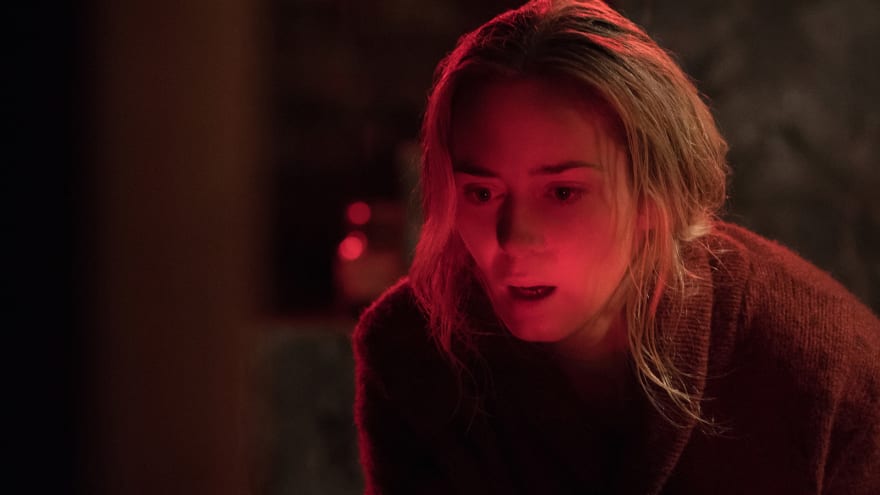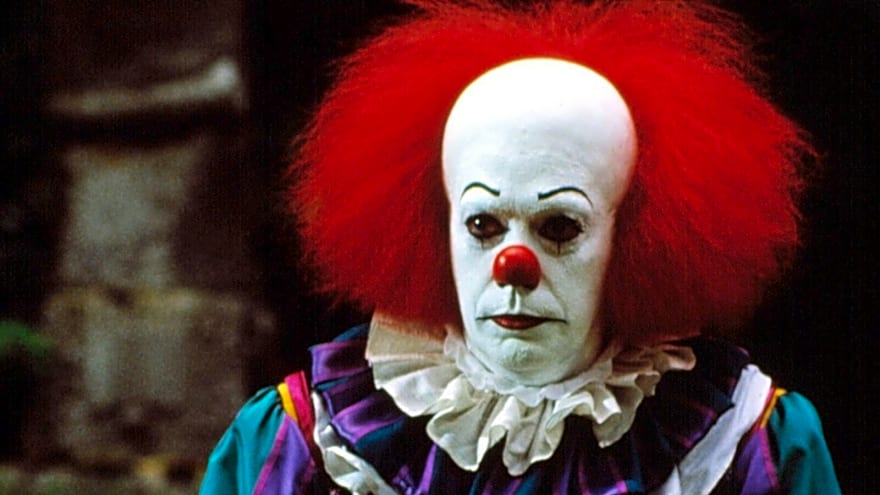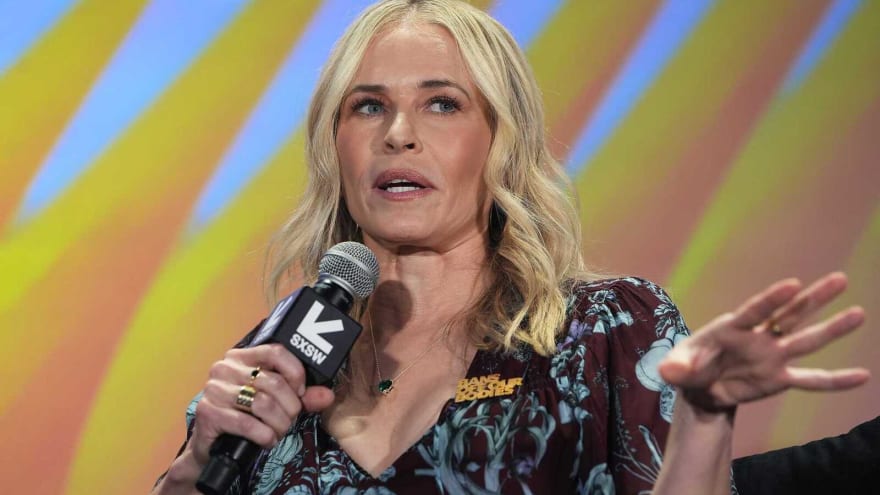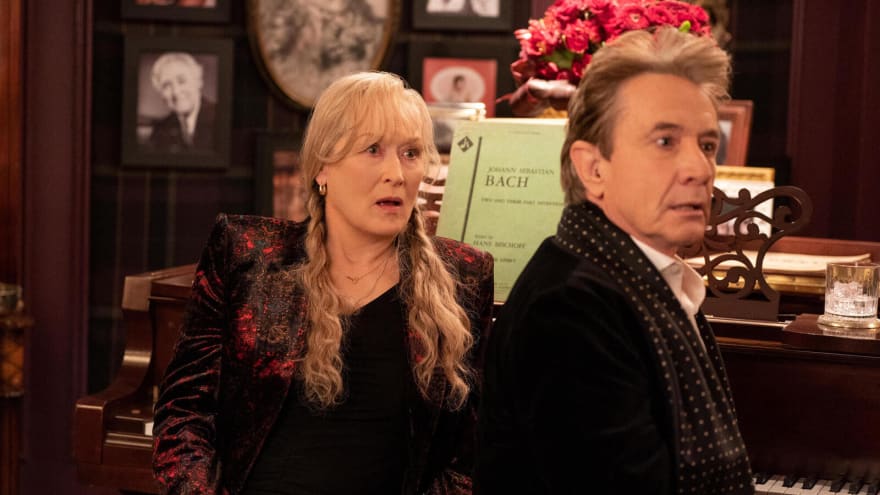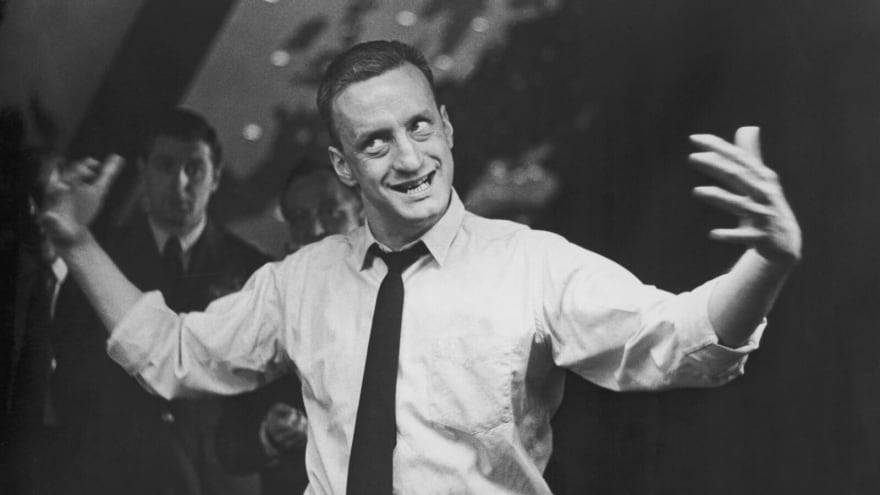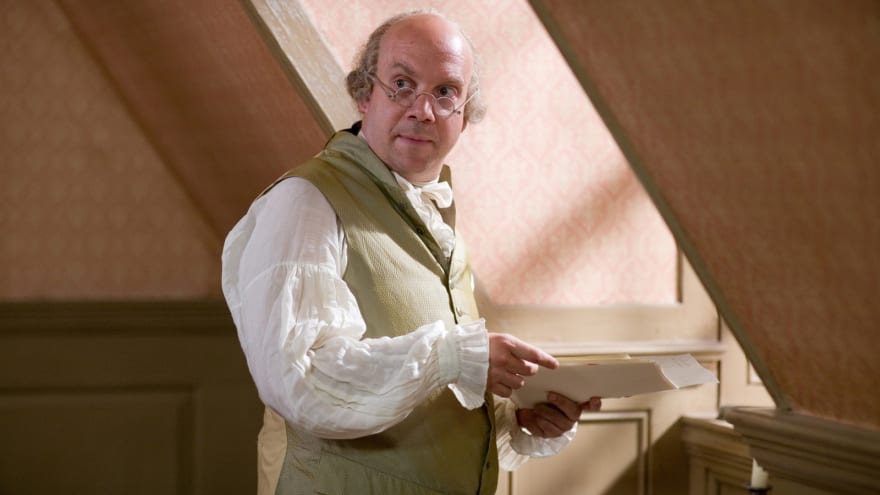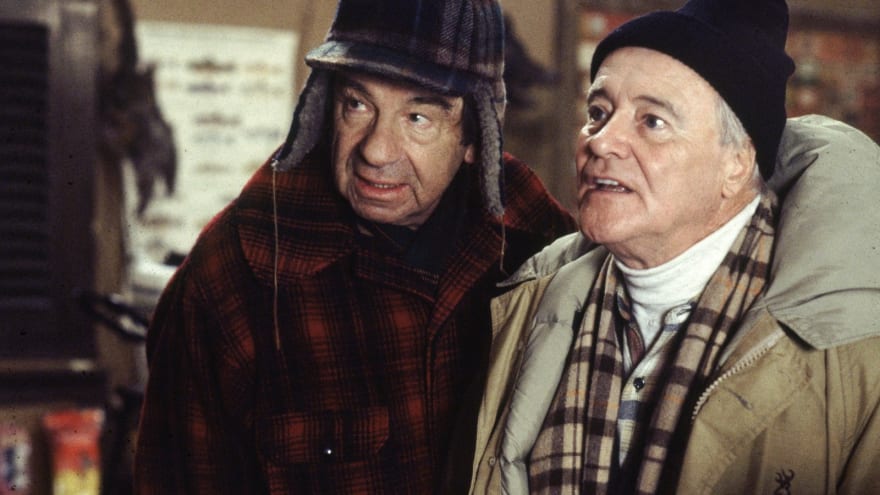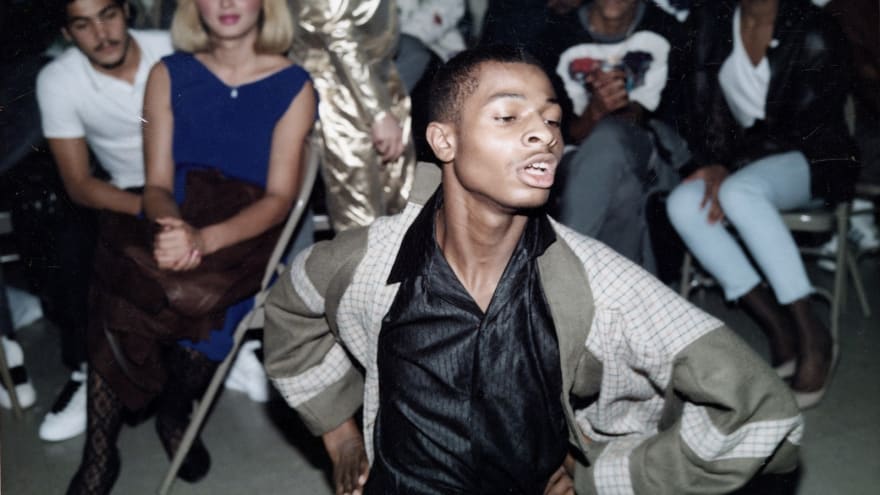20 iconic movies everyone should see at least once
These films demonstrate the extent to which cinema is truly a popular art, able to capture the world in all of its beauty, ugliness, and complexity.
20 legends who somehow don't have a biopic yet
While some figures have become the subject of numerous biopics, others have been neglected, so it’s worth looking at those historical figures that deserve the biopic treatment.
The 20 best defense attorneys on screen
As a general rule, American popular culture has often been much more interested in prosecuting attorneys, encouraging viewers to view them as the protagonists upholding law and order. Every so often, however, popular culture leans into the world and experiences of defense attorneys.
20 Black-led horror movies and TV shows
The power of many Black-led horror movies and shows is their ability to use the conventions of the genre to explore the troubled history of race, particularly as it has functioned in the United States. When it comes right down to it, sometimes history itself is just as terrifying as anything in the world of the supernatural.
The 20 most traumatizing horror movies
Horror is the movie genre most positioned to take advantage of the fears and desires in the deepest parts of the human psyche. These films stay in the mind long after the final scene, demonstrating horror’s enduring power.
The 20 best pregnancy horror movies
Given the biological realities of pregnancy — in particular, how it influences the female body in many strange and unexpected ways — it’s unsurprising that this phenomenon should have proven to be a favored subject for horror movie directors.
20 aliens that are out-of-this-world terrifying
Fortunately, science fiction has proven remarkably adept at drawing out the complexities of the extraterrestrial, so it’s worth looking at some of the scariest aliens that appear on the big and small screen.
The 20 best talk show hosts
Whether on daytime or late night, talk show hosts have played a remarkably prominent role in American — and, in some cases, British — popular culture.
The 20 best musical episodes in non-musical TV shows
Something is refreshing and endearing about a show that’s willing to take a risk and stage a musical episode. Doing so almost always carries some amount of risk, though it’s often greater for dramas than sitcoms.
20 popular TV characters who inexplicably vanished
It’s a rule of television that audiences need characters they want to spend time with and invite into their homes weekly. Sometimes, however, a particular character doesn’t land or simply doesn’t have much to do as an individual and so is written off or, in some cases, forgotten about entirely.
The 20 worst lead characters from popular TV shows
TV thrives on creating characters that audiences can cheer about and care for. Even main characters have proven to be remarkably irritating, so much so that they have earned the opprobrium of the series’ fandom, even if (as is often the case) the series itself remains remarkably popular and beloved.
The 20 best movies about human/animal friendships
While many films about human/animal friendships are optimistic and joyful, some are potent and disturbing reminders that sometimes the gulf separating the human and the animal is too wide ever truly to be bridged.
The 20 most versatile film actresses of all-time
Hollywood history is filled with examples of remarkably talented actresses who made it in an industry notoriously hostile to them. In many cases, their success was a matter of hard work, and many actresses have shown remarkable versatility in their roles and genres.
Let's role: The 20 most versatile movie actors
Versatility is one of the most sought-after qualities of a Hollywood star. These talented individuals are reminders of how rewarding it can be not to be limited to a certain kind of role and how a career can flourish when the industry avoids typecasting.
20 delightfully absurd films
Some filmmakers — Yorgos Lanthimos and David Lynch come to mind — have made careers out of absurdity, while others have only dabbled in this particular aesthetic. The best absurdist films highlight the ridiculousness of the (post)modern world yet find bleak humor amid all the uncertainty.
Going out strong: The 20 most daring TV finales
TV fans everywhere know that a strong finale can help to solidify a show’s reputation, just as a bad or ill-conceived one can tarnish it. However, it should be pointed out that even finales considered bad at the time can, in hindsight, be appreciated for the risks they were willing to take regarding character development or plot.
The 20 greatest presidential biopics
Movies and TV have repeatedly turned to the figure of the president in search of stories to tell to help audiences understand more about those who have led the country through some of its most difficult times.
The 20 greatest movies about deadly weather disasters
Given the enormous influence that weather and the climate have on human behavior and society, it’s not surprising to find Hollywood repeatedly turning to extreme weather and natural disasters in search of exciting stories.
The 20 best movies and TV shows about the American Revolution
Even though the Revolutionary War was and is one of the most important events in the history of the United States, it has relatively rarely been imagined on-screen. Nevertheless, several notable movies and TV series, both fictional and nonfictional, have shone a fascinating light on both the Revolutionary War and those who fought in it.
The 20 most memorable movies with older protagonists
Hollywood has long had a strained relationship with age, and movies rarely allow older actors to star in films centered around them. From comedies to dramas and everything in between, these are some of the best movies that feature an elderly protagonist (or two).
The 20 most anticlimactic movie endings
It’s no secret that an ending can make or break a movie. After all, the audience is likely to remember a lackluster film's powerful ending more than the reverse.
These 20 films will absolutely crush your soul
While sometimes films can engender happiness and joy, they can also plumb the darker, more sinister aspects of the human mind and condition. It’s thus worth looking at soul-crushing films. They reveal how movies can reflect the world's best and worst and the audiences who watch them.
20 must-watch documentaries about the LGBTQ+ experience
LGBTQ+ documentaries provide general audiences with a more nuanced understanding of the community as a whole, showing how far it has come and still has to go. As such, it’s worth taking a look back at the best documentaries that have been made by and about those who identify as LGBTQ+.
The 20 best movies and shows about trans identity
Whether in the form of documentary, drama, or comedy, popular culture has tremendous power in shifting people’s awareness of the joys, struggles, and power of the trans experience, so it is worth highlighting those that have had a particular impact.
